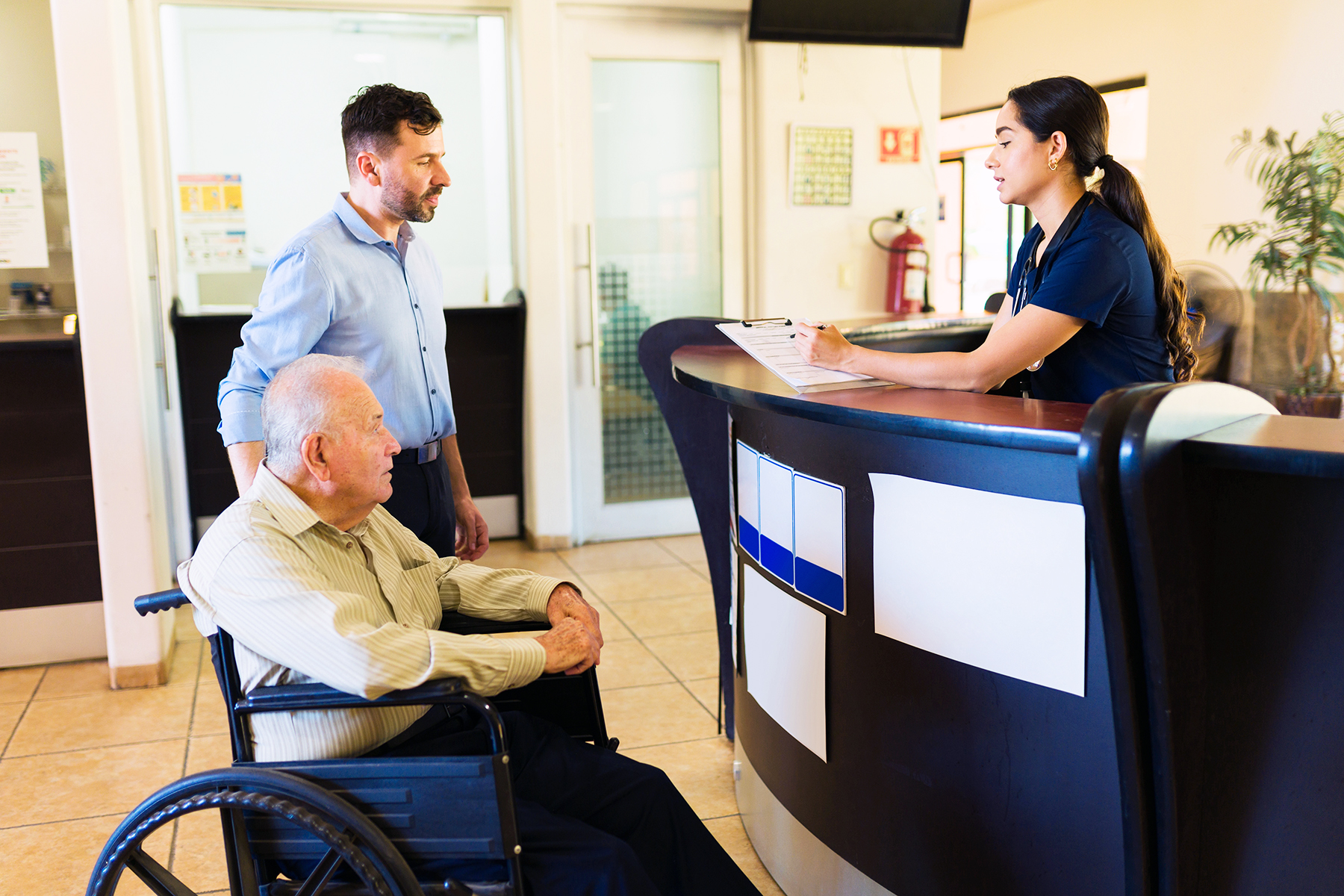
In recent years, concerns surrounding hospice care have drawn significant attention, particularly regarding instances of abuse and inadequate oversight. However, strides towards improving regulation and compliance have been made due to the regulatory changes after the 2019 OIG report and Hospice Act of 2021.
Light was shed on troubling trends within the hospice sector, revealing instances of substandard care, billing irregularities, and cases of fraud and abuse. These findings underscored the urgent need for comprehensive reforms to safeguard the well-being of patients and ensure the integrity of hospice services.
In response, the Hospice Act of 2021 introduced a series of provisions designed to address key areas of concern identified by the OIG reports — Senior Care Solutions can help you remain compliant.
These new requirements include the following:
> Enhanced Regulatory Scrutiny: CMS and state health departments are implementing stricter oversight measures. This includes more frequent inspections, comprehensive audits, and stringent enforcement of compliance standards.
> Quality of Care Requirements: The HQRP program includes HIS measures, CAHPS and newly added Hospice Care Index measuring 10 different quality indicators. Additionally, the HVLDL measures visits in the last 7 days of life by the RN and SW. There could be a 4% reduction in reimbursement for not participating in this quality program.
> Billing Integrity: There are tighter controls on billing and reimbursement processes to combat fraudulent billing practices. Hospice providers are now required to demonstrate the medical necessity of services rendered and adhere to clear guidelines for billing accuracy. Audits and reviews are conducted more rigorously to identify and address instances of improper billing.
> Patient Rights and Protections: The Hospice Act reinforced the rights and protections afforded to hospice patients and their families. It mandated the provision of comprehensive information about available services, treatment options, and end-of-life care planning. Patients are empowered to make informed decisions about their care, and mechanisms for reporting grievances and concerns are strengthened.
While challenges persist, there is an evolution of hospice regulation and oversight changing for compliance purposes and provider excellence. By prioritizing patient safety, quality of care, and billing integrity, there is a new standard for accountability within the hospice industry and reaffirms the commitment to upholding the dignity and rights of those nearing the end of life.
Contact Senior Care Solutions for help with compliance.
Lisa Diez, MA, BSc
Director of Home Care and Hospice Consulting
Senior Care Solutions























